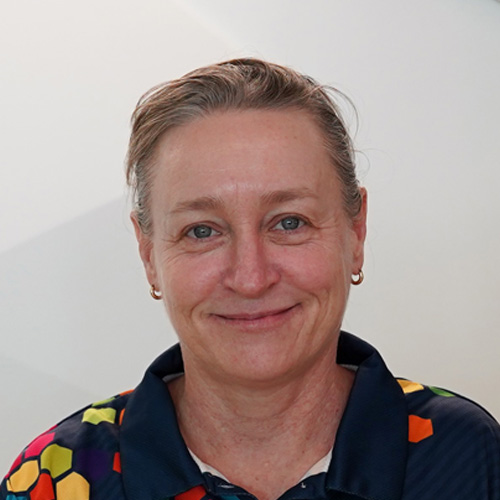Search
Research
Is autism one or multiple disorders?Elucidating the underlying nature of the disorder(s) is a crucial step towards tailoring intervention to the biological and cognitive makeup of each individual.
Research
Improving the Quality of Life of mothers of children with autism and intellectual disabilityWe wanted to explore the quality of life of mothers of children with autism and intellectual disability and identify factors that impact their quality of life.
Research
Young adults with intellectual disability transitioning from school to post-school: A literature review framed within the ICFThe purpose of this review was to describe literature relating to transition for young people with an intellectual disability and identify knowledge base gaps.
Research
Autism and intellectual disability are differentially related to sociodemographic background at birthWe used population data on Western Australian singletons born from 1984 to 1999 (n = 398,353) to examine the sociodemographic characteristics of children...
Research
Physical and mental health in mothers of children with Down syndrome.Physical and mental health in mothers of children with Down syndrome.

Research
Expanding the clinical picture of the MECP2 Duplication syndromePerinatal characteristics, early childhood development and medical co-morbidities in MECP2 Duplication syndrome
Research
Maternal Psychiatric Disorder and the Risk of Autism Spectrum Disorder or Intellectual Disability in Subsequent OffspringThis study adds to existing evidence that the rate of pre-existing psychiatric disorders in mothers of children with autism spectrum disorder is higher than...
Research
Patterns of depressive symptoms and social relating behaviors differ over time from other behavioral domains for young people with Down syndromePeople with intellectual disabilities are at a higher risk for experiencing behavioral, emotional, and psychiatric problems in comparison with the general...
Research
Onset of maternal psychiatric disorders after the birth of a child with intellectual disability: A retrospective cohort studyMothers of a child with intellectual disability (ID) have more psychiatric disorders after the birth of their child than other mothers.
